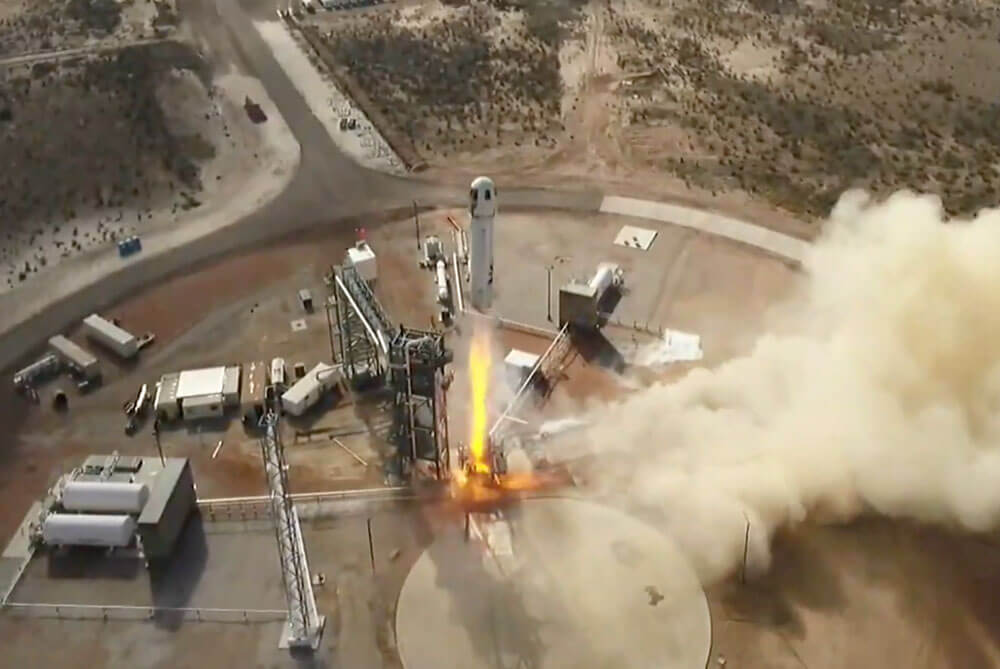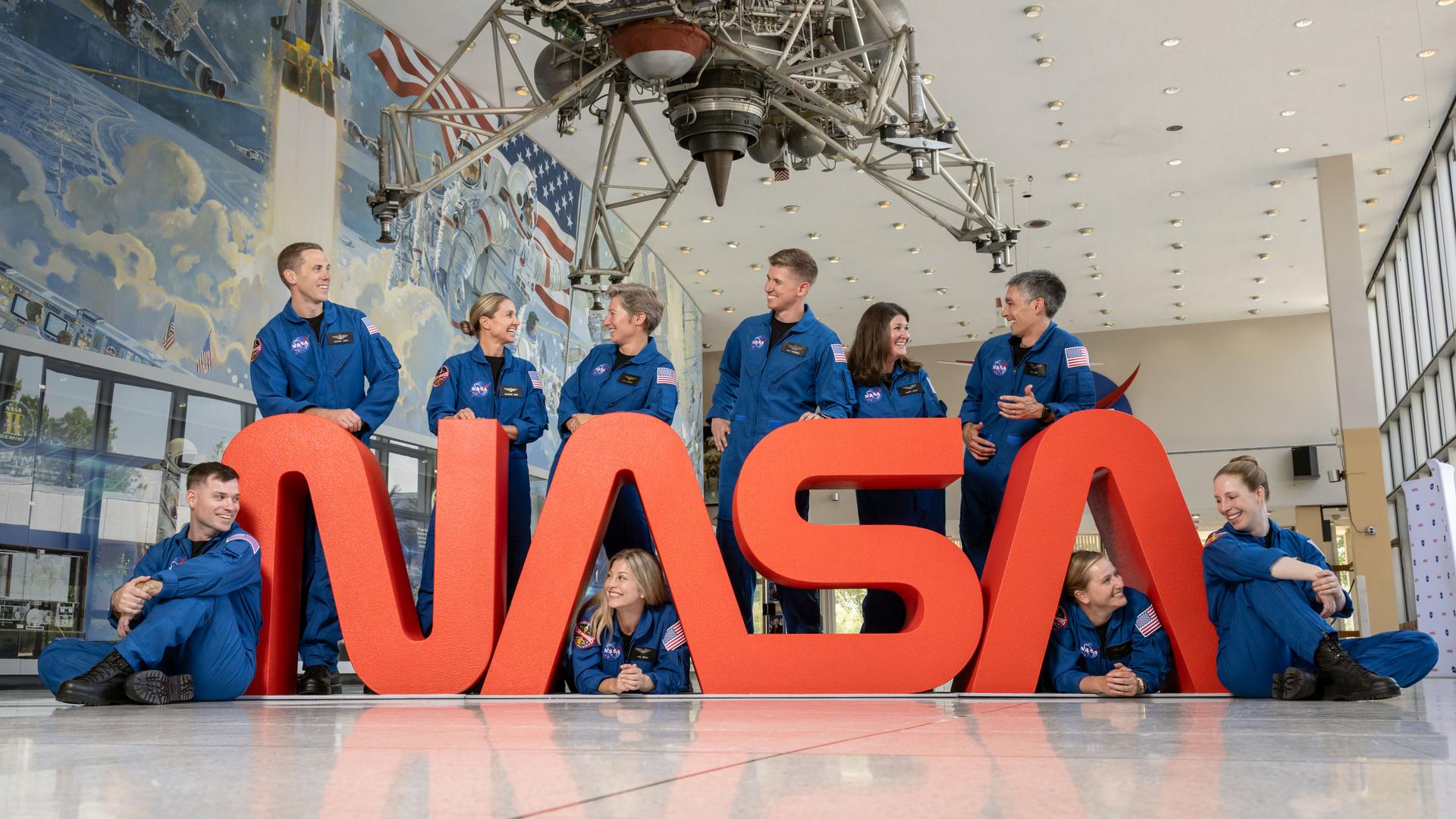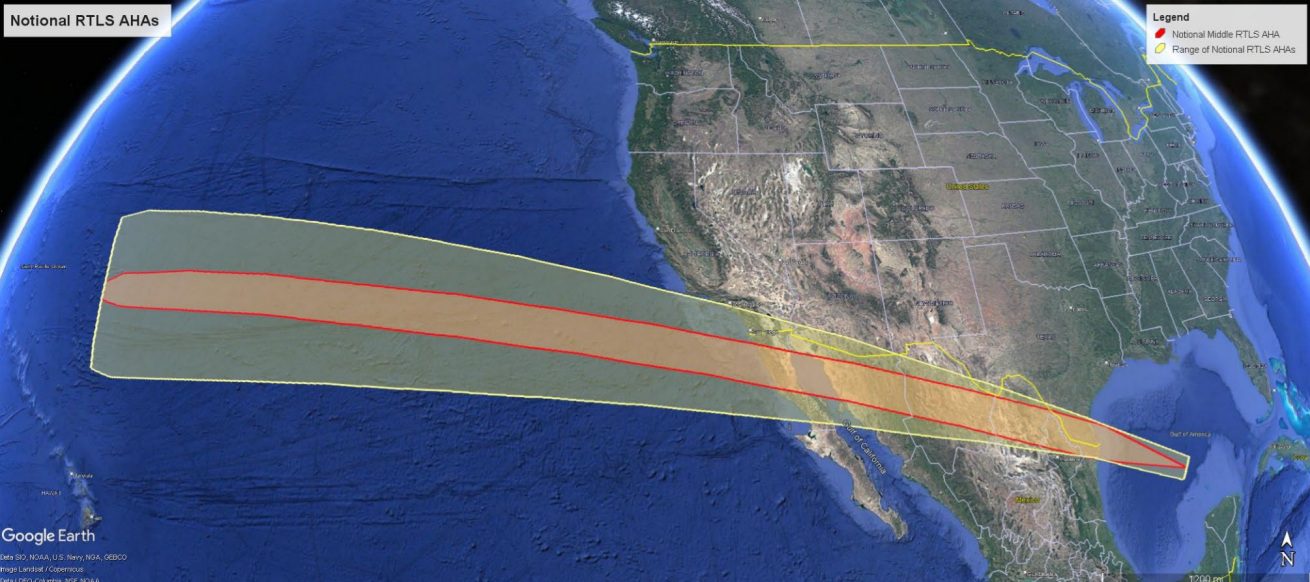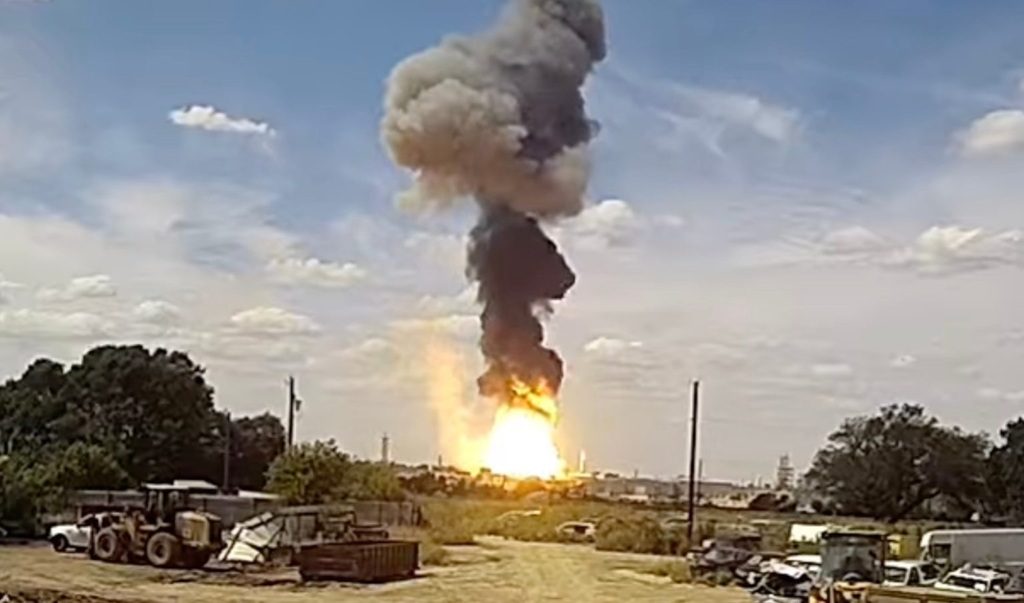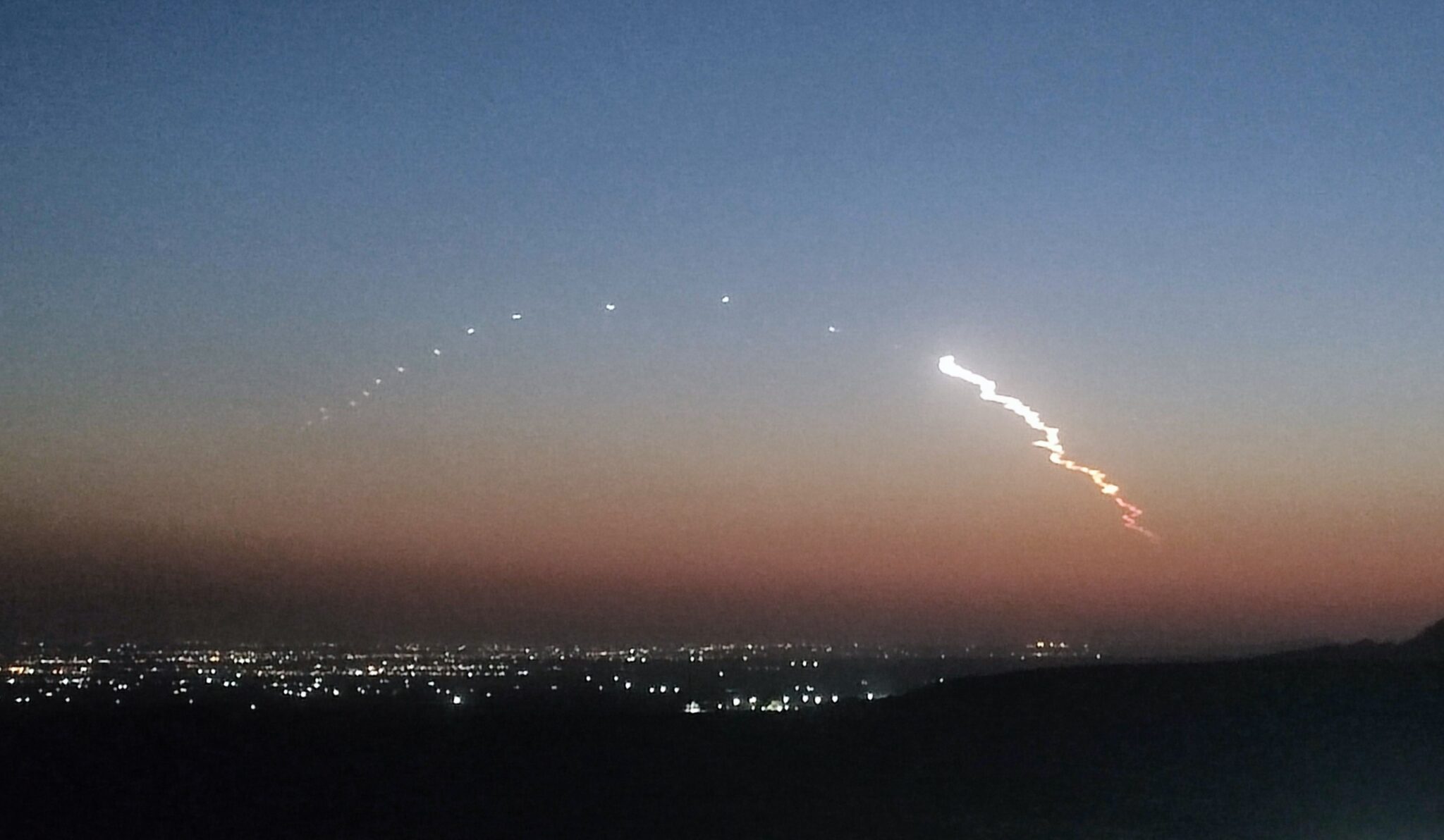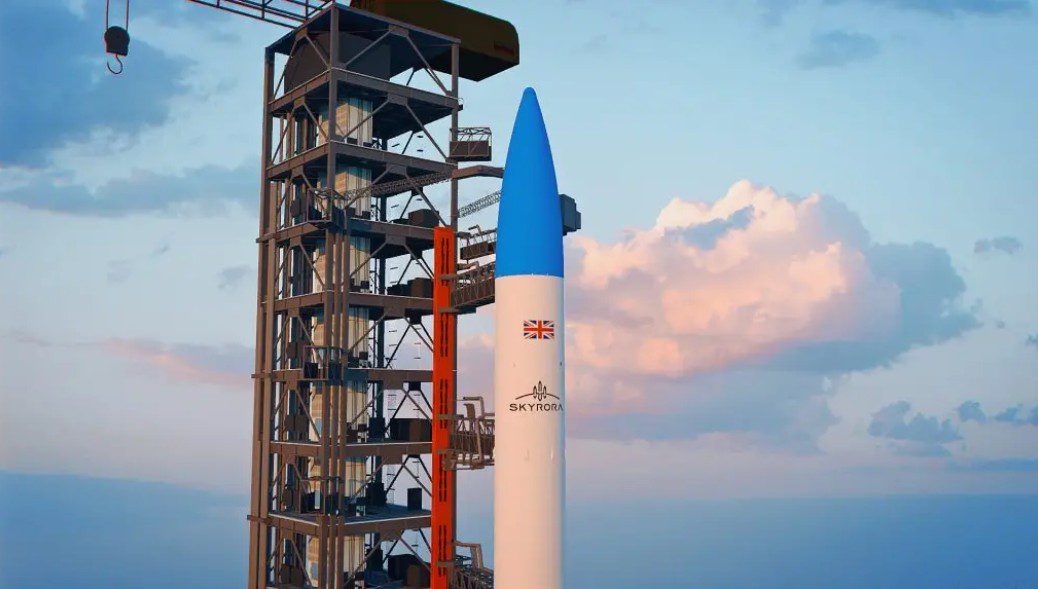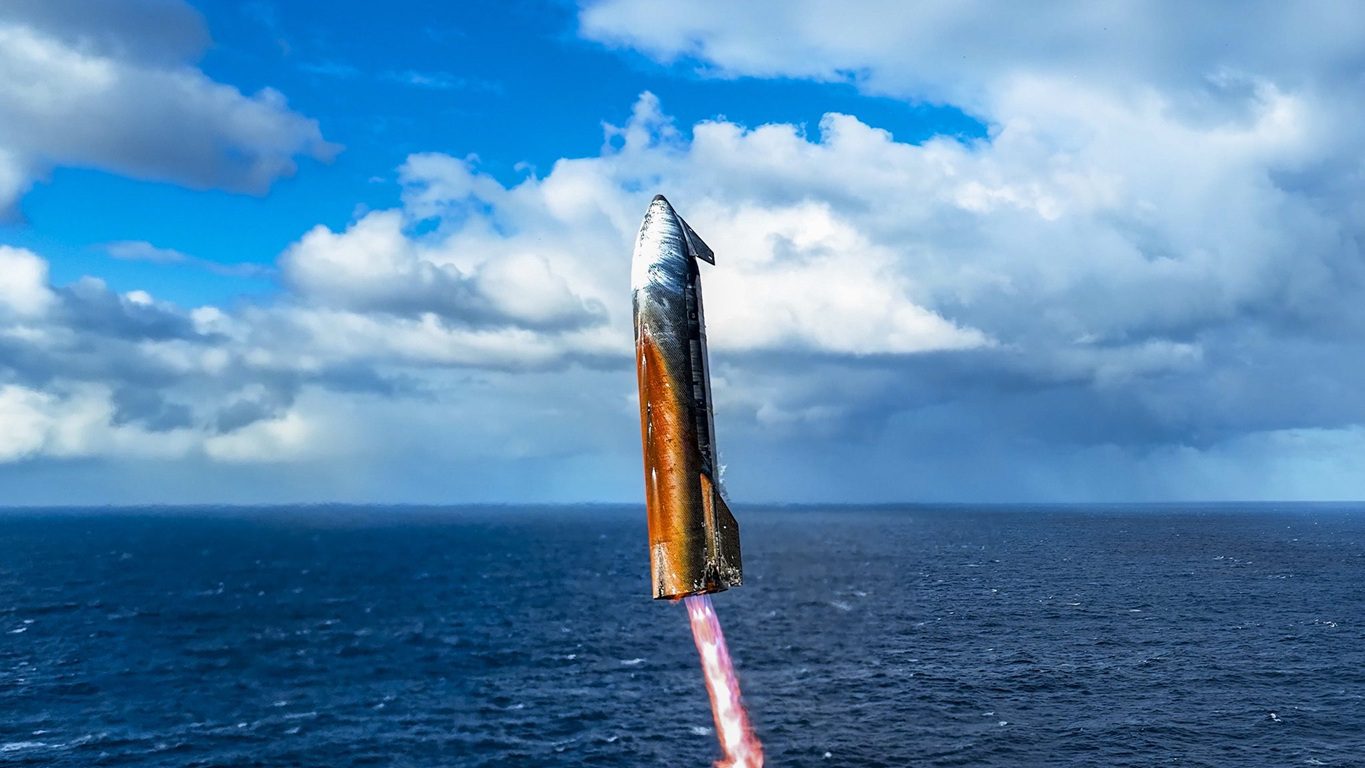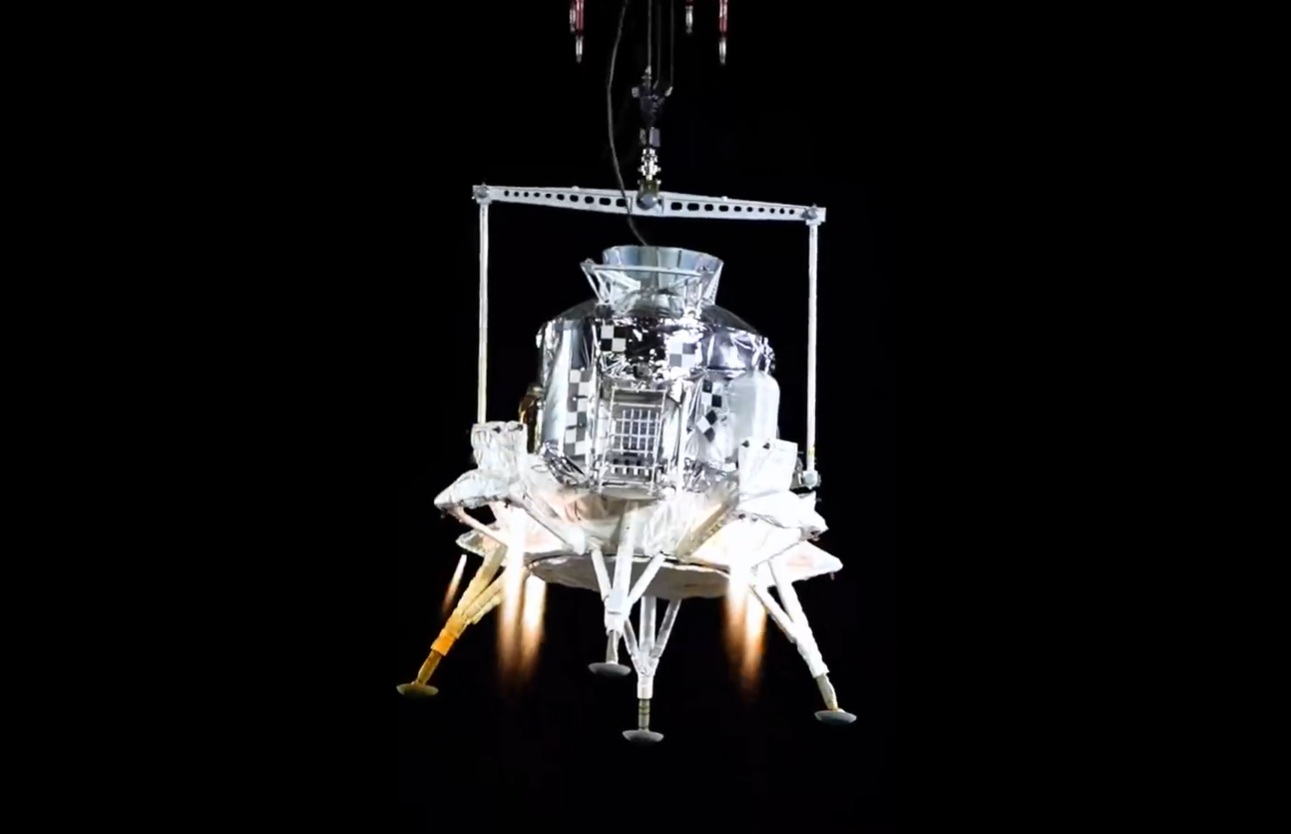On its twelfth flight and eighth spaceflight, the Blue Origin New Shepard suborbital rocket ship blasted off Earth from near Van Horn, West Texas, at 1753 GMT, on 11 December 2019, to achieve an altitude of 104.5 km (65 miles). In doing so it again breached the official “spaceflight” demarcation “Karman line” limit of 100 km set by the Fédération Aéronautique Internationale. The test flight took place with the New Shepard capsule in uncrewed condition. After the BE-3 rocket engine was cut off, the New Shepard capsule was released to ballistically achieve this altitude before it re-entered Earth’s atmosphere to safely parachute back to Earth. Meanwhile, the core stage made a powered landing back on its West Texas pad.
The successful flight underlines the performance advantage that the New Shepard has over its Virgin Galactic SpaceShipTwo air-launched rival. While it has breached the 80km (50 mile) limit that the US Air Force considers the start of space, it has yet to achieve Karman Line altitudes which its smaller predecessor SpaceShipOne managed.
While uncrewed, the New Shepard capsule carried a variety of experiments including one using methane gases from typical waste to power a rocket engine and an experiment to examine the effect of microgravity on biological cells.

